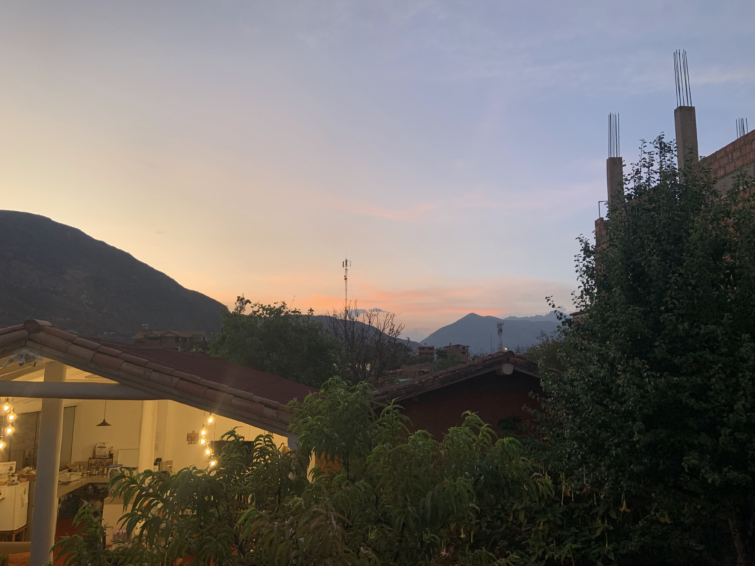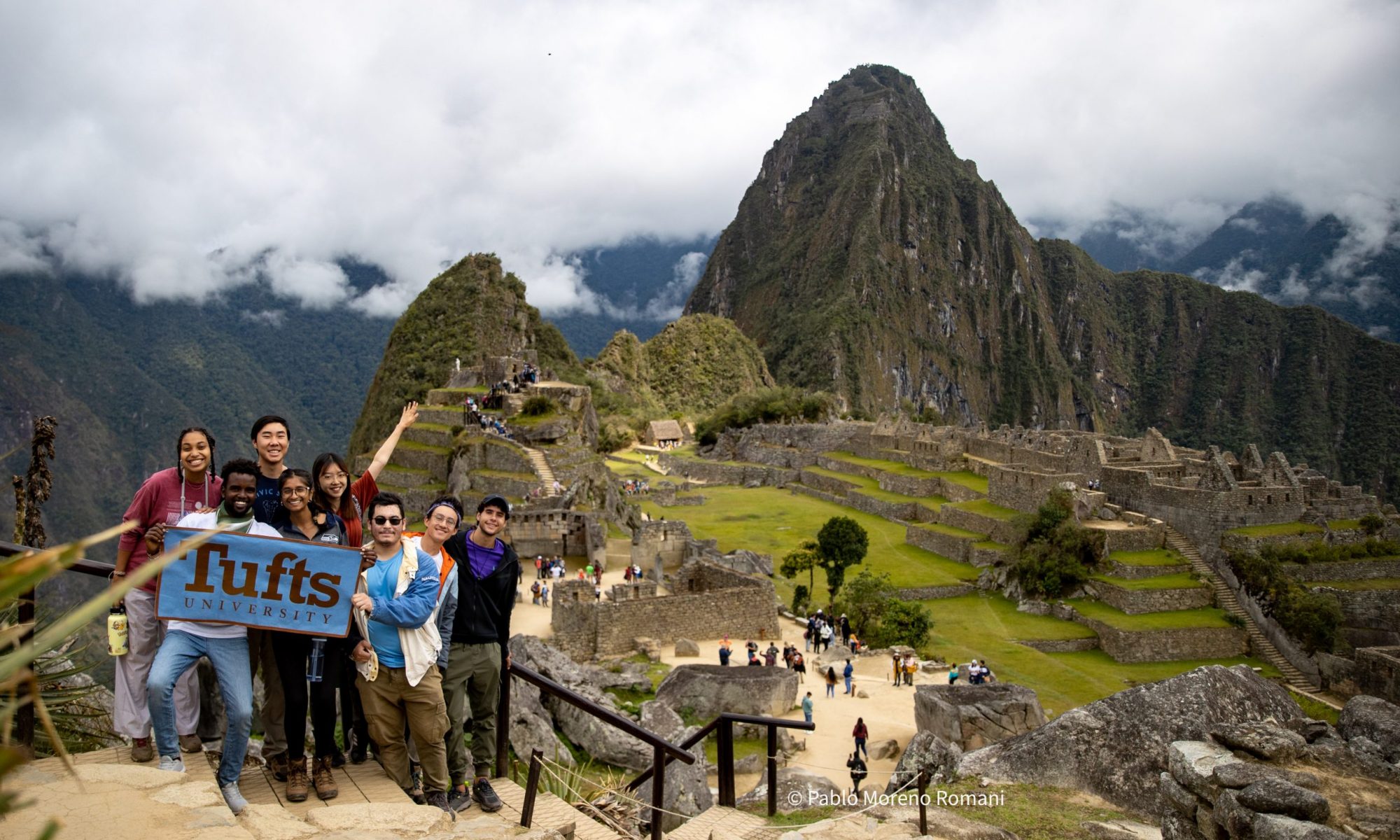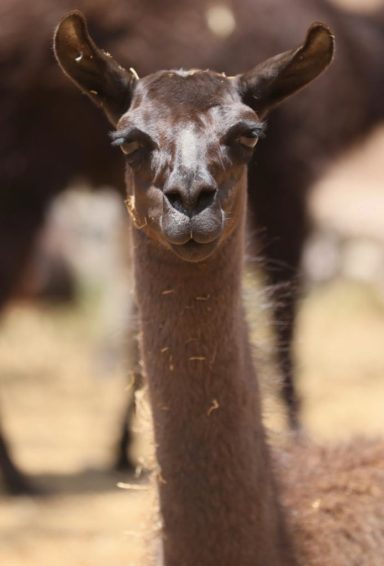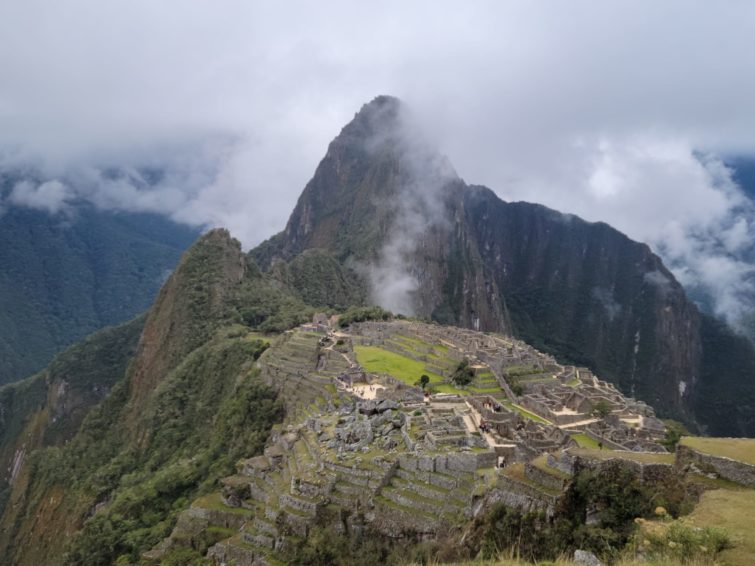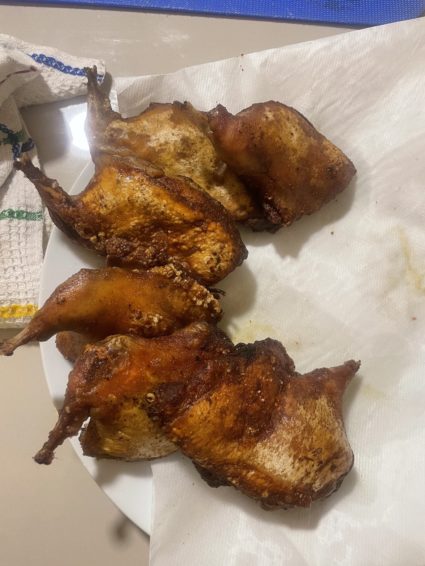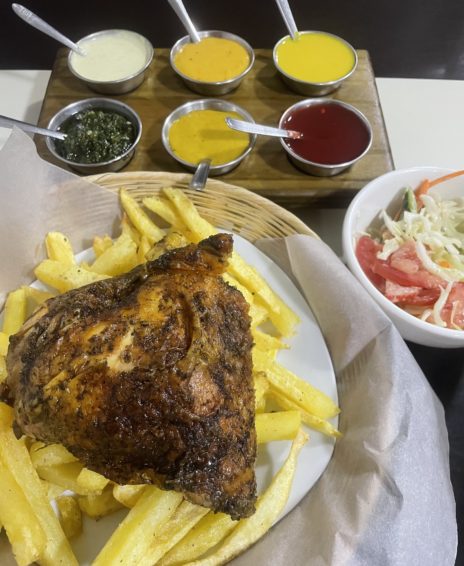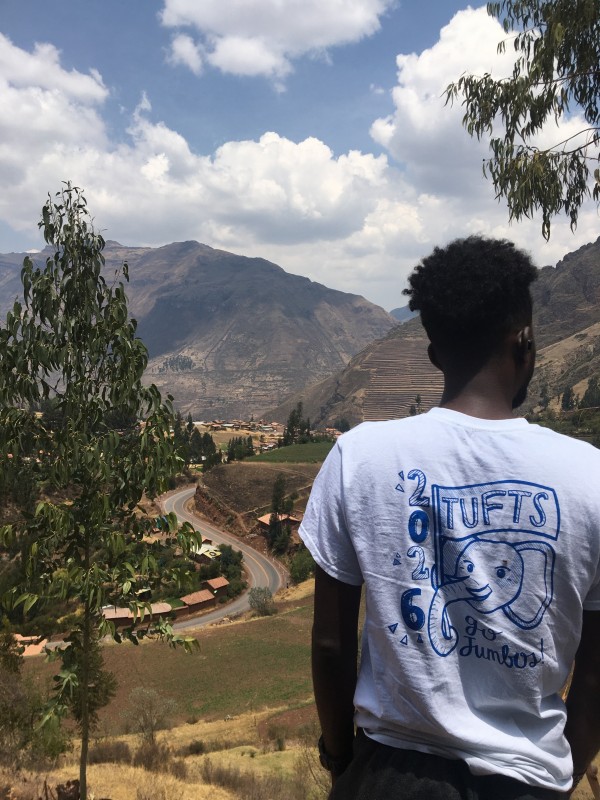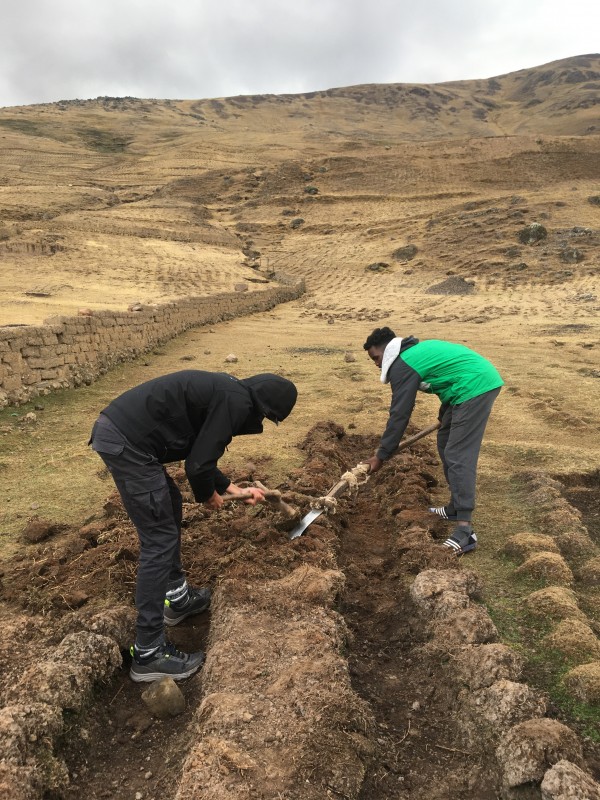by Fatima, Civic Semester participant
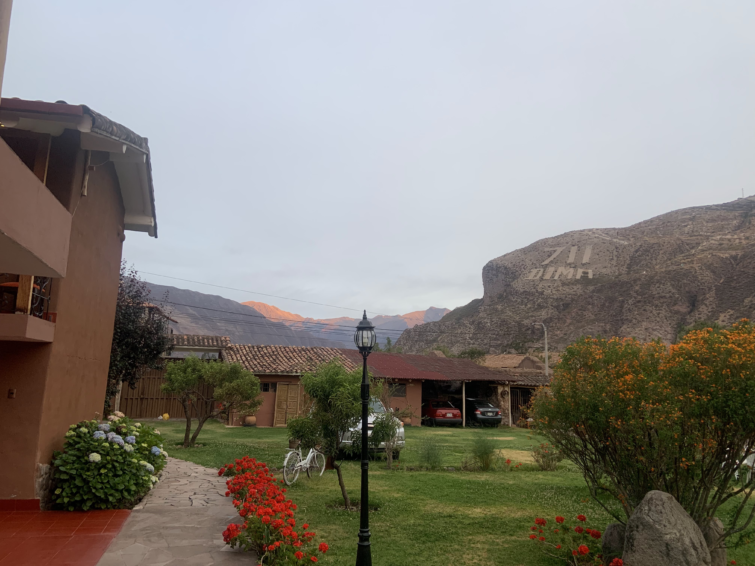
Three months could not have gone faster. Each week I called my mom and told her about my adventures, excursions and health, and each week she would say “Another week closer to coming back”. But when I called her just now, instead of her usual response, she asked what time she and my brother should come pick me up from the airport Friday morning. As I began to search my boarding pass for an arrival time, I realized that my time here is done, like it really hit me.
How can a place turn into a home for someone, if they’ve only known it for three months?
It’s because for three months, home was where I could look out the window of my room and ask what’s for lunch or dinner and then proceed to make Buldak ramen with Cassie and Sahana, just to dance to “Dancing Queen” with them. Home was where I could barge into Mathew and Pablo’s room and annoy them because the younger sibling in me wanted to disturb someone’s peace. Home was Charles asking if he could try the food I was eating, cooking or buying and then asking me where it came from, where I bought the ingredients or why I wanted to get it. Home was Yazan falling asleep in the back of Juan Carlos’ car no matter where we went and Jordan asking every single question that came to mind, no matter where we went. Home was Tseringla & Don Pablo constantly telling us to be careful, not to fight with one another and encouraging us to have fun by telling us stories from their lives. Home is Rocafuerte, Ligia, Carlos, Roberto and Nancy, all of whom absolutely carried us on this experience.
But now, how can someone leave this place they call home?
I think it will be something we figure out later, when homesickness hits and we all want to book a flight back to Urubamba. When we all realize that all we want is to be able to go back to the coliseum to play or watch basketball, or see our German friends at el garaje for another good time. Or to come home after Booms and throw a dance party in our kitchen or make really gross smores over a bonfire. I think when we start to remember the things we will miss most about our home, we begin to also understand how to move on and start a new chapter. We will understand the importance of our experience, the impact it has had on us, and begin to accept that while we might want to hold on to this forever, we have to let go. We must take what we can, but also keep it pushing. Because at the end of the day, all things go.
